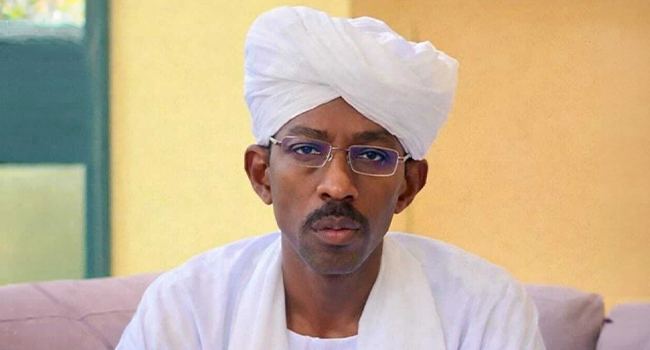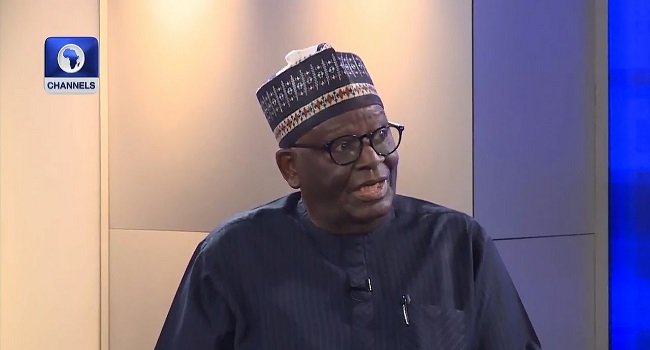The Federal Government on Monday arraigned some suspects arrested and linked to the killings in Yelwata, Benue State.
They were arraigned before Justice Joyce Abdul-Malik of the Federal High Court, Abuja.
Leading the prosecution for the arraignment of nine suspects is the Attorney General of the Federation and Minister of Justice, Lateef Fagbemi (SAN).
Channels Television gathered that the suspects were arraigned on a 57-count charge.
The counts are presently being read to them through an interpreter.
Earlier, the office of the Attorney General of the Federation and Minister of Justice assured Nigerians that justice would be served in the matter, sending a strong signal to enemies of the country acting under any disguise.
READ ALSO: VeryDarkMan, Angry Youths Protest, Demand End To Killings In Benue
“The administration of President Bola Ahmed Tinubu is committed to the protection of the lives and properties of all as enshrined in the constitution,” the statement by Kamarudeen Ogundele, the SA to the AGF and Minister of Justice, read.
He said this came after a “painstaking investigation and collaboration by government agencies” .
Yelwata Attack
In June 2025, gunmen attacked the Yelwata community in the Guma Local Government Area of Benue State, killing scores and leaving hundreds displaced.
The incident sparked a major protest and widespread condemnation.
Security agencies announced that they had arrested some people in connection with the attacks.
A survivor of the Yelwata attack, Msurshima Apeh, told the United States Congress, how she watched the killing of her five children during the onslaught.
“In the course of this action, I saw a tree when I lifted my eyes. I raised my hands on the tree and climbed up where I was able to hide myself. My five children that I left below were crying, and in my presence, they were being slaughtered by the terrorists,” she told the House Subcommittee on Africa, which examined President Donald Trump’s decision to return Nigeria to the Country of Particular Concern (CPC) list in November 2026.
Tinubu had visited the state in the wake of the incident and asked security operatives to go after the masterminds.
“Police, I hope your men are on alert to listen to information. How come no arrest has been made? I expect there should be an arrest of those criminals,” Tinubu had said at the Benue Government House in Makurdi, the capital, during a stakeholders meeting.










